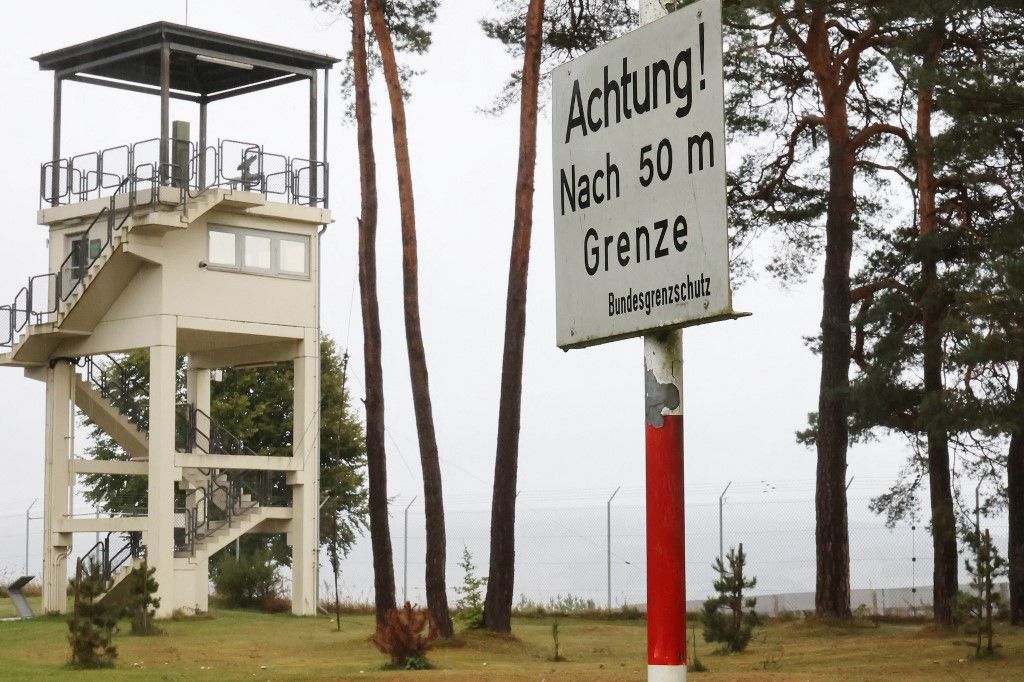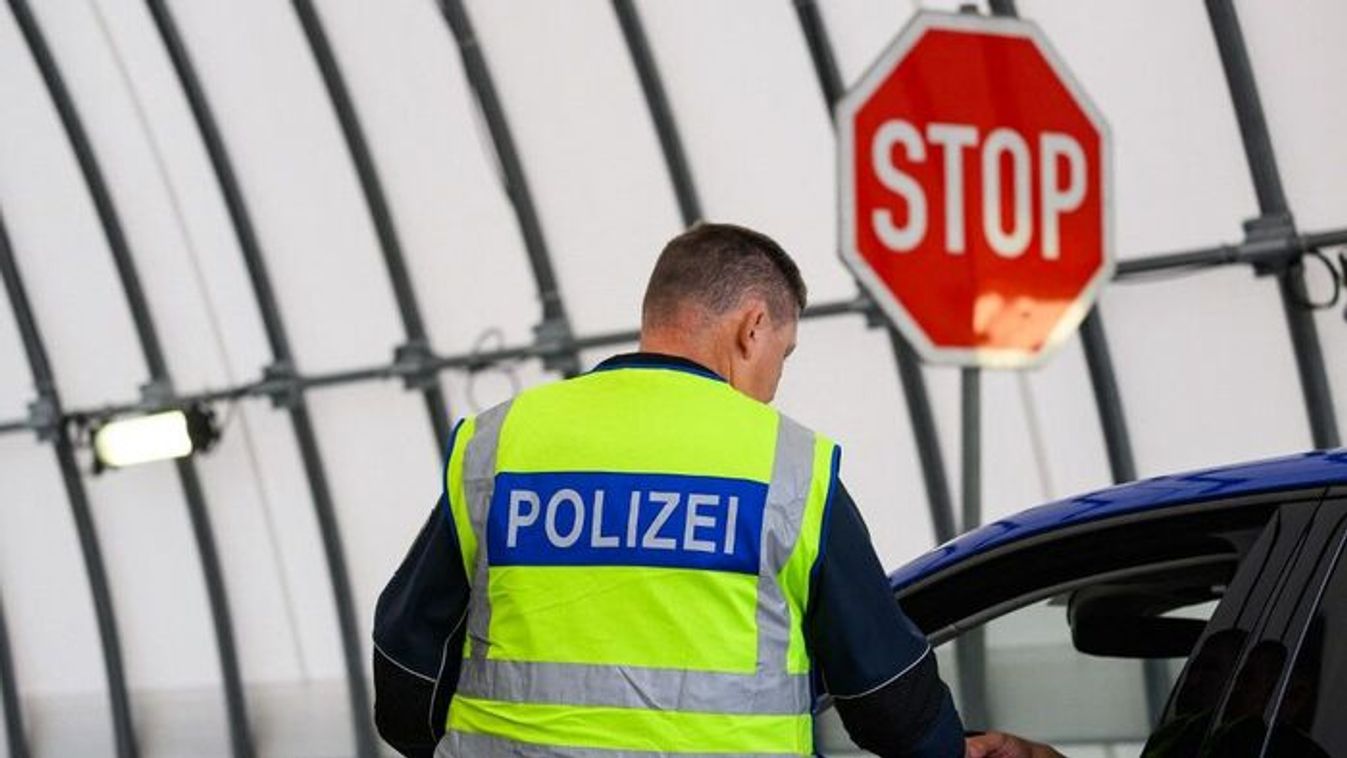Poland – alongside several other neighboring countries – has been critical of Germany since the new government started turning away asylum-seekers trying to come to the country by crossing any of its land borders. In addition to southern EU countries like Spain, Italy and Greece, which have the highest rate of irregular arrivals, Poland says it also feels that such policies spell additional problems, as the Eastern European nation is part of the bloc's external border, the international news agency V4NA writes.

Berlin argues that Germany is surrounded by safe countries as neighbors, and that anyone traveling to Germany with the intention of seeking asylum would have opportunities in any of its neighboring countries to lodge their claim there first.
Rules Are Unclear, Border Authorities Are Uncertain
According to Federal Police Commissioner Uli Grotsch, there's a lack of clear accountability when prospective asylum-seekers are rejected at Germany's borders, which could come to haunt officials deployed to beef up border security.
Uli Grotsch called on Interior Minister Dobrindt to provide clarity and legal certainty for the officers deployed to the borders to be allowed to pursue the new policy of rejecting asylum seekers with impunity, telling the Rheinische Post daily newspaper that
„[i]t is clear to me that the officers at the border checkpoints must not be held accountable" if any legal disputes should arise.
Grotsch also commented that "the executive branch is saying something different here than the judiciary," despite verbal reassurance from Mr. Dobrindt, saying that he is "convinced that our measures are within European law." IM Dobrindt told the Funke Mediengruppe newspaper publishers that if there's any doubt, "the European Court of Justice should decide on this." According to the interior minister, authorities have turned back a total of 3,278 people at Germany's borders since he instructed the federal police to reject asylum-seekers last month, "including 160 asylum-seekers," he added.























Szóljon hozzá!
Jelenleg csak a hozzászólások egy kis részét látja. Hozzászóláshoz és a további kommentek megtekintéséhez lépjen be, vagy regisztráljon!